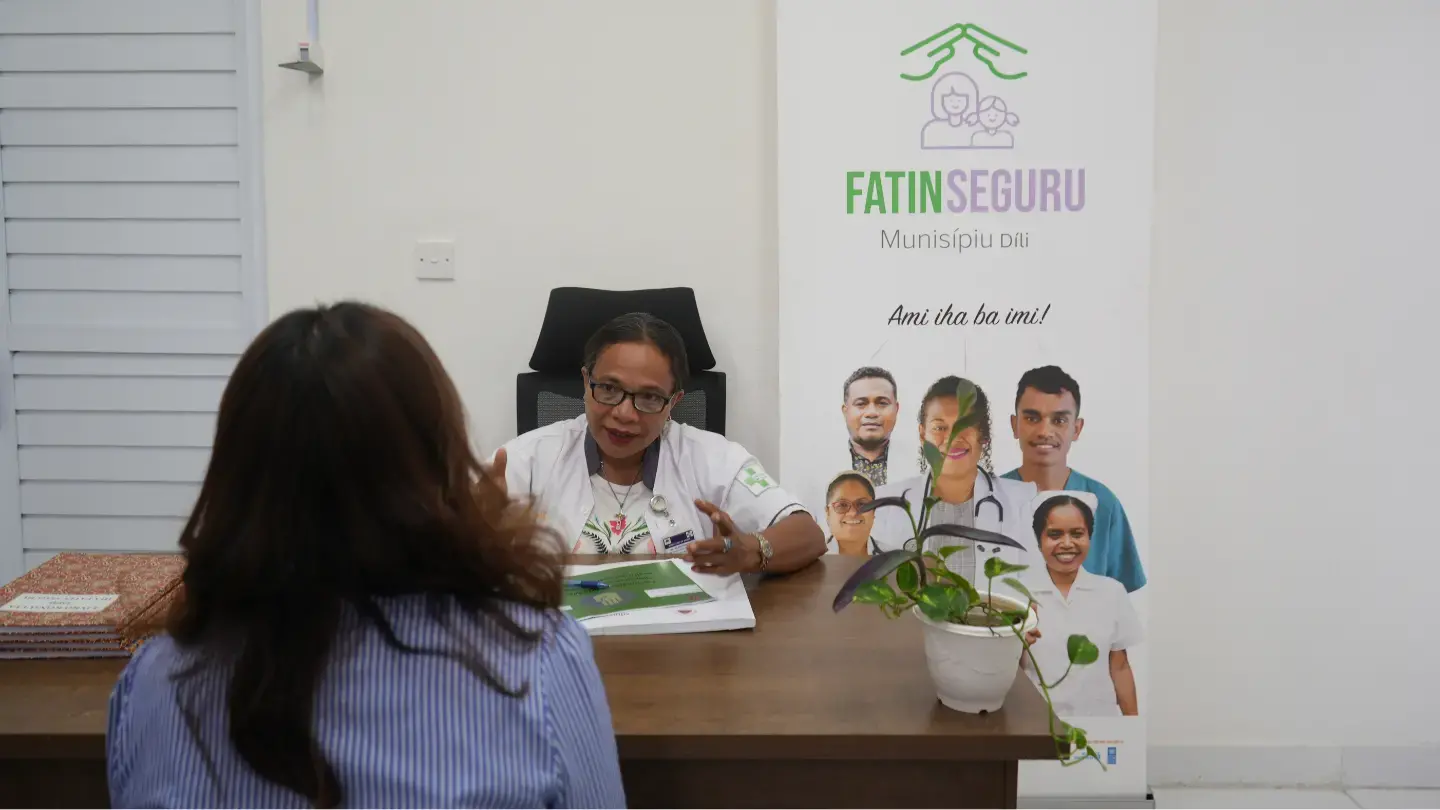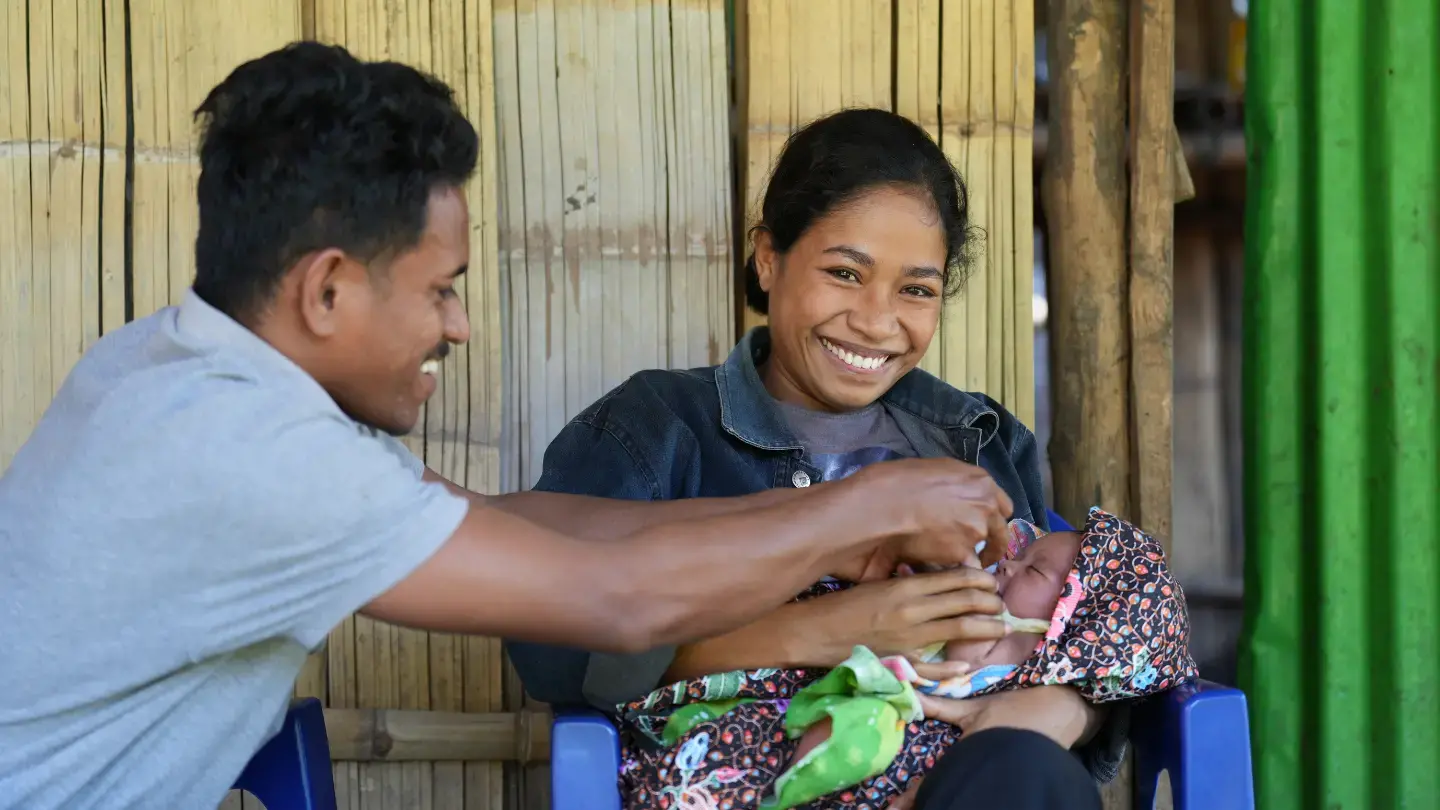Dili, September 22, 2023 – The UN Population Fund (UNFPA) and the University of Tasmania have signed a Memorandum of Understanding to develop behavioral interventions to reduce maternal mortality in Timor-Leste.
The partnership will leverage on the Tasmanian Behavioural Lab’s technical expertise in social and behavioral change to produce designs for social mobilization and community outreach programs.
The University, through the Behavioural Lab, will also provide expert trainers to assist the health promotion program of the Ministry of Health to employ social and behavioural change strategies so that women of reproductive age could come to the health facilities for family planning, antenatal care and postnatal care, and most importantly, deliver with the help of skilled birth attendants.
The Tasmanian Behavioural Lab uses behavioural science to understand how people make decisions in critical areas of life, such as health and work. These insights help in the design of solutions to address social and economic challenges.
Speaking during the signing of the MOU, UNFPA Country Representative in Timor-Leste, Pressia Arifin-Cabo said that though great progress has been made in reducing maternal deaths, a lot more needs to be done to change social and cultural beliefs.
“UNFPA has provided technical solutions to bring down maternal mortality in Timor-Leste, such as the establishment of Basic Emergency Obstetric and Newborn Care (BEMONC) centers, implementation of national guidelines for antenatal and postnatal care, and training of health providers in maternal health services.
“However, approximately 52% of women in the country are still excluded from these services due to lack of awareness or preferences due to social and cultural beliefs,”
said Pressia Arifin-Cabo.
The Director of the Tasmanian Behavioural Lab, Professor Swee-Hoon Chuah, said it was an honour to have the opportunity to support this very important project in partnership with the United Nations Population Fund.
“The level of maternal mortality in Timor-Leste is unacceptably high. We look forward to providing research, technical guidance and training that will help to change lives through better health outcomes,” Professor Chuah said.
UNFPA and Tasmanian Behavioural Lab will establish a long-term collaboration to combat maternal mortality in Timor-Leste through social and behavioural change at the community and household levels, starting from the mothers, while also involving their husbands, mothers-in-law and the whole family.
For more information, contact:
Suleiman Okoth
Communications and Programme Support Specialist
United Nations Population Fund (UNFPA), Timor-Leste
Mobile: +67075169796, Email: okoth@unfpa.org
Miranda Harman
Communications Team Manager
Strategic Communications, University of Tasmania
Mobile: +61 3 6226 7751, Email: miranda.harman@utas.edu.au





